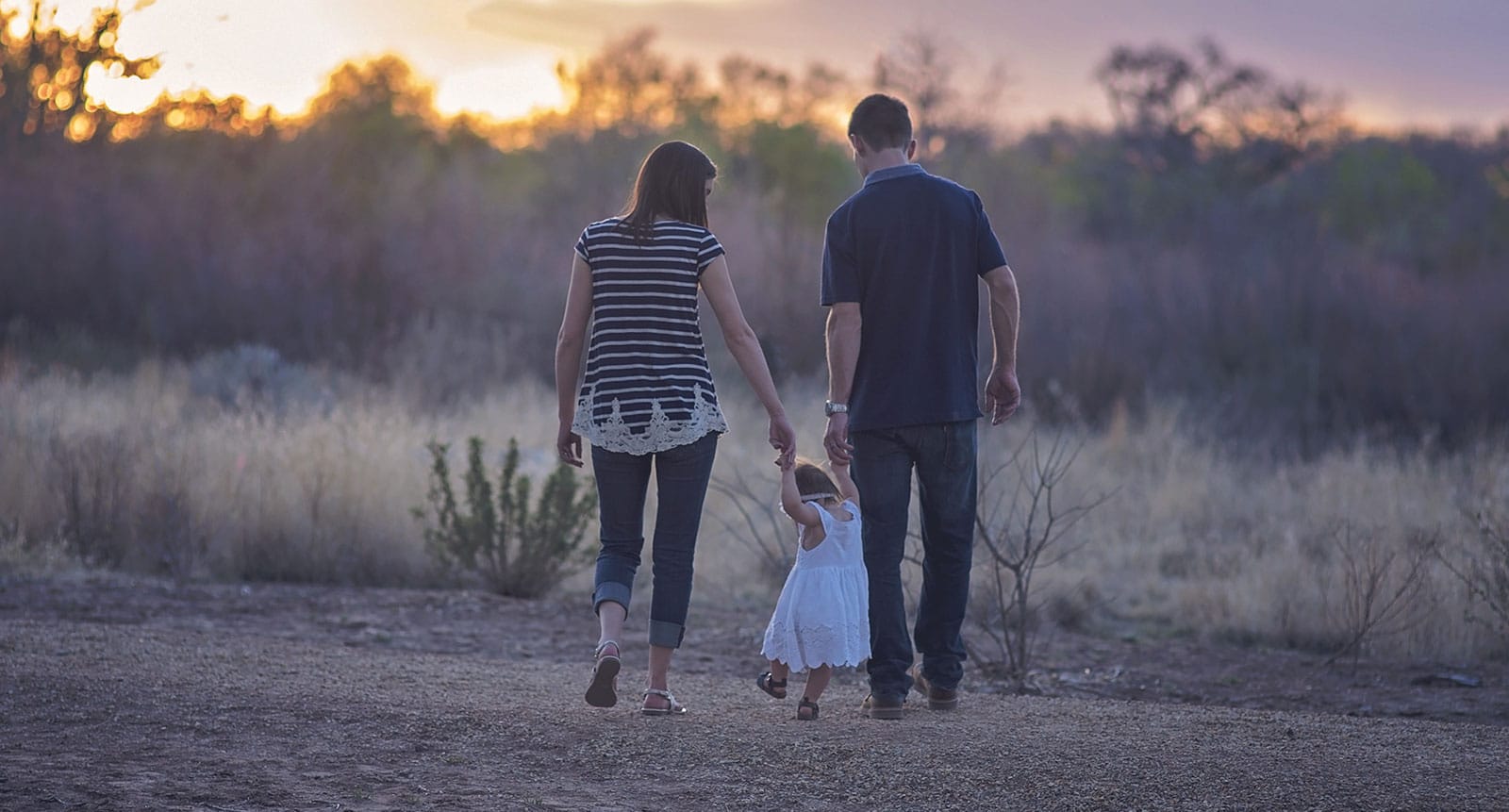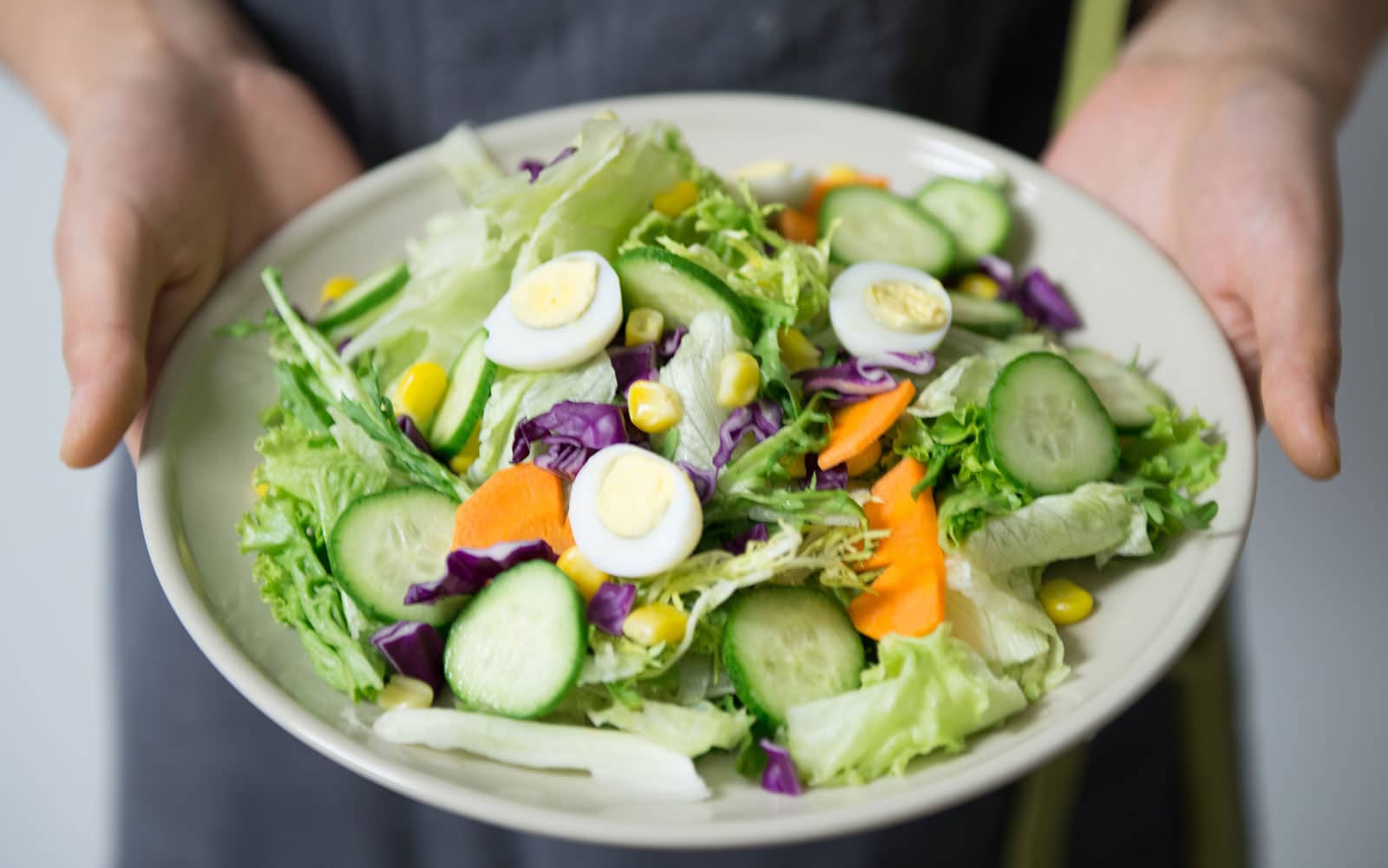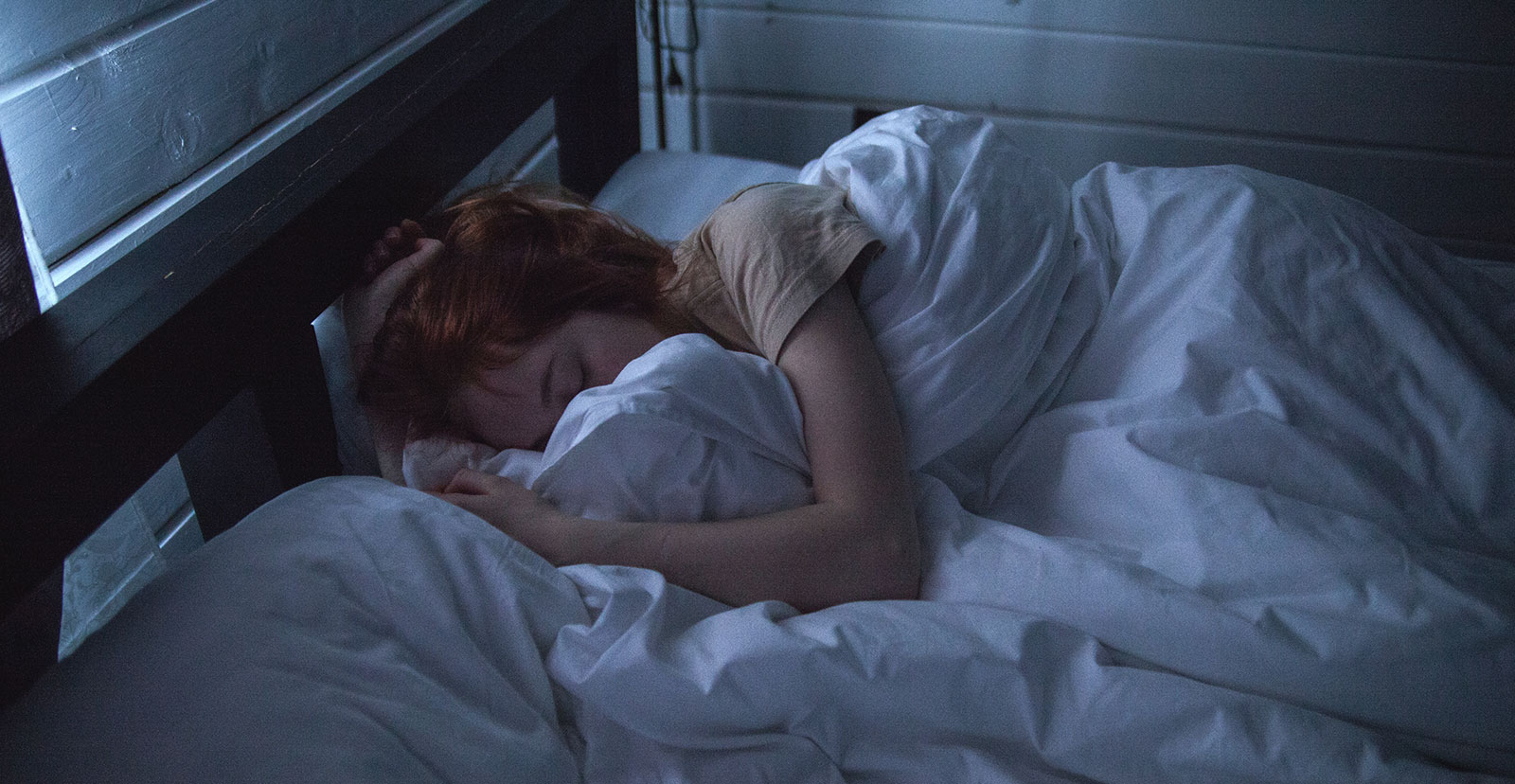
Can Wi-Fi devices affect male fertility?
Based on findings presented at this year’s ASPIRE conference in Hong Kong, a recent study has revealed that yes, Wi-Fi devices may

Based on findings presented at this year’s ASPIRE conference in Hong Kong, a recent study has revealed that yes, Wi-Fi devices may

A recent study has showed that supplementation of 600 mg of CoQ10 daily by older women improved both egg quality and fertilisation

A recent study aimed to investigate a possible link between unhealthy maternal nutrition on the reproductive functions of female and male adult

The most common cause of secondary infertility is usually age. Fertility in women starts to decline at 35 and will continue as

A low sperm count can be linked with dietary and lifestyle factors such as a zinc deficiency, smoking and underwear choice, so

A recent study published in the journal of Clinical Chemistry could offer many couples potentially provide a solution to why miscarriages occur.

Nothing can be more stressful than the “two week wait” at the end of your treatment cycle while you wait for the

Although it’s a complex disease, it is possible to achieve a healthy pregnancy if you are struggling with infertility caused by endometriosis.

Foods that have been shown to reduce the rate of inflammation and discomfort brought on by endometriosis can include fibrous foods and
Every story written here comes from Fertility First's Research Team, a group of scientists that doesn't just talk about the science behind fertility and reproduction, it lives and breathes it. Staffed by the doctors and scientists working behind the scenes at Fertility First, this team of dedicated embryologists, andrologists, and fertility experts collectively has over 40 years experience in the field.
As a Doctor-owned Medical Practice, our fertility and IVF treatment costs do not need to cover overheads and/or shareholder dividends, all of which have to come out of the income derived from patients’ treatment cycle fees at other fertility clinics in Sydney.
From the 1st October 2022, the NSW Government announced a rebate of $2,000 in OOP expenses for all eligible patients. Fertility First is pleased to support the NSW Government’s fertility rebate at our Sydney fertility clinic.
Fertility First is privately owned, which means we can place more focus on our patients. We offer a holistic approach to fertility and believe that it’s important to minimise the invasiveness of the fertility testing process and only carry out the necessary investigations, maximising your chance of a successful outcome. We offer extensive preliminary fertility testing, including Halosperm Assay.
We were one of the first Sydney fertility clinics to offer a donor sperm and donor egg program, thanks to our partnership with Central IVF.
Choosing the right fertility clinic in Sydney is a very important decision. You should consider factors like success rates, clinic location and appointment times, fertility treatment costs, repor with the Fertility Specialist and what treatment options are available.
Yes. We offer a range of fertility testing for both males and females. We aim to have fertility test results back within 2 to 3 weeks, which means, unless any assessment of the fallopian tubes is required, fertility treatment options can then be considered.
Yes. Fertility First offers a range of fertility treatments that are suitable for same sex couples and singles, including our donor sperm program. See our fertility treatment page for a full guide.
Yes. In order to assist you with a Medicare rebate for your fertility treatment, you will need a current referral to Fertility First.
Note: GP referrals are valid for 12 months, and specialist referrals are valid for 3 months.
Yes. IVF treatment is offered to suitable patients after preliminary testing.